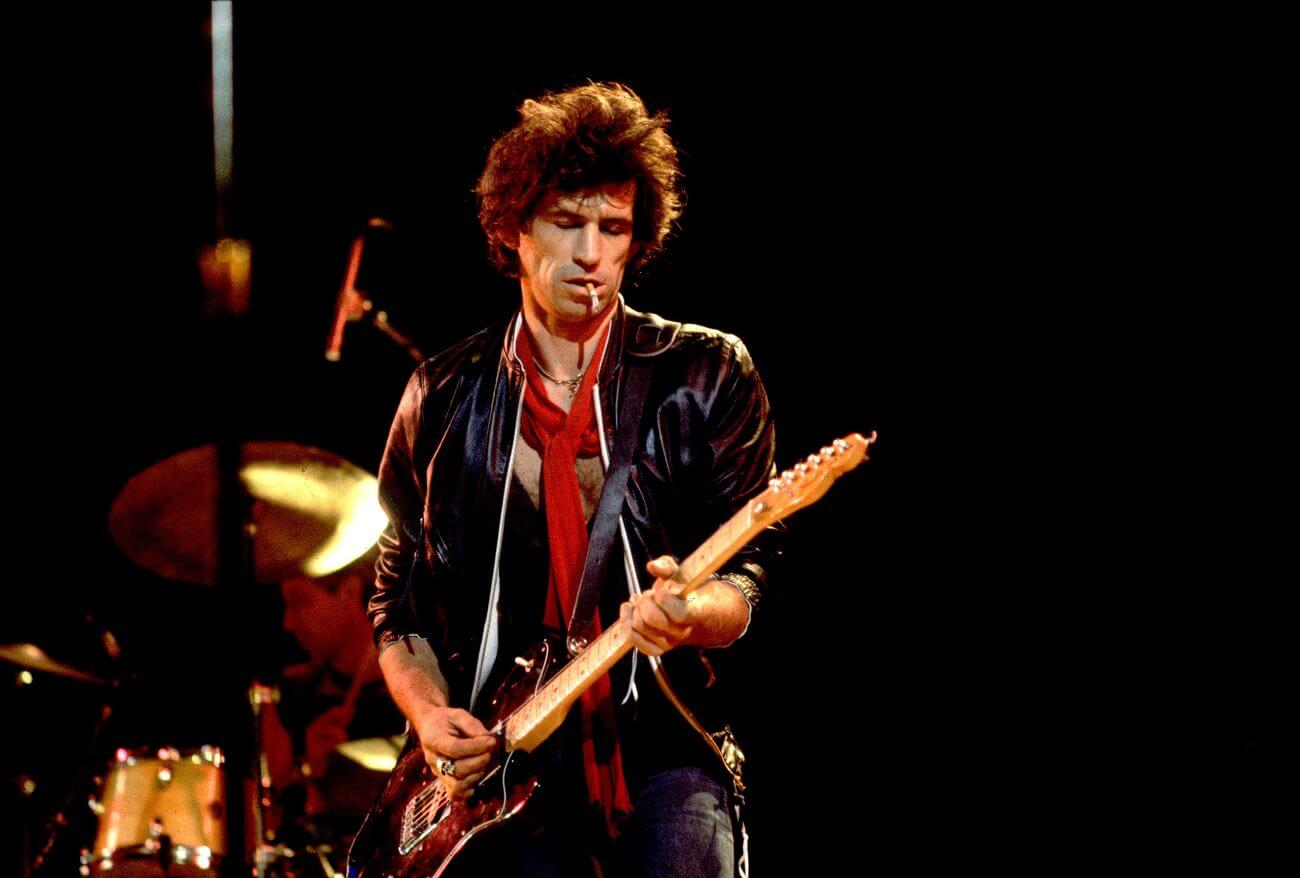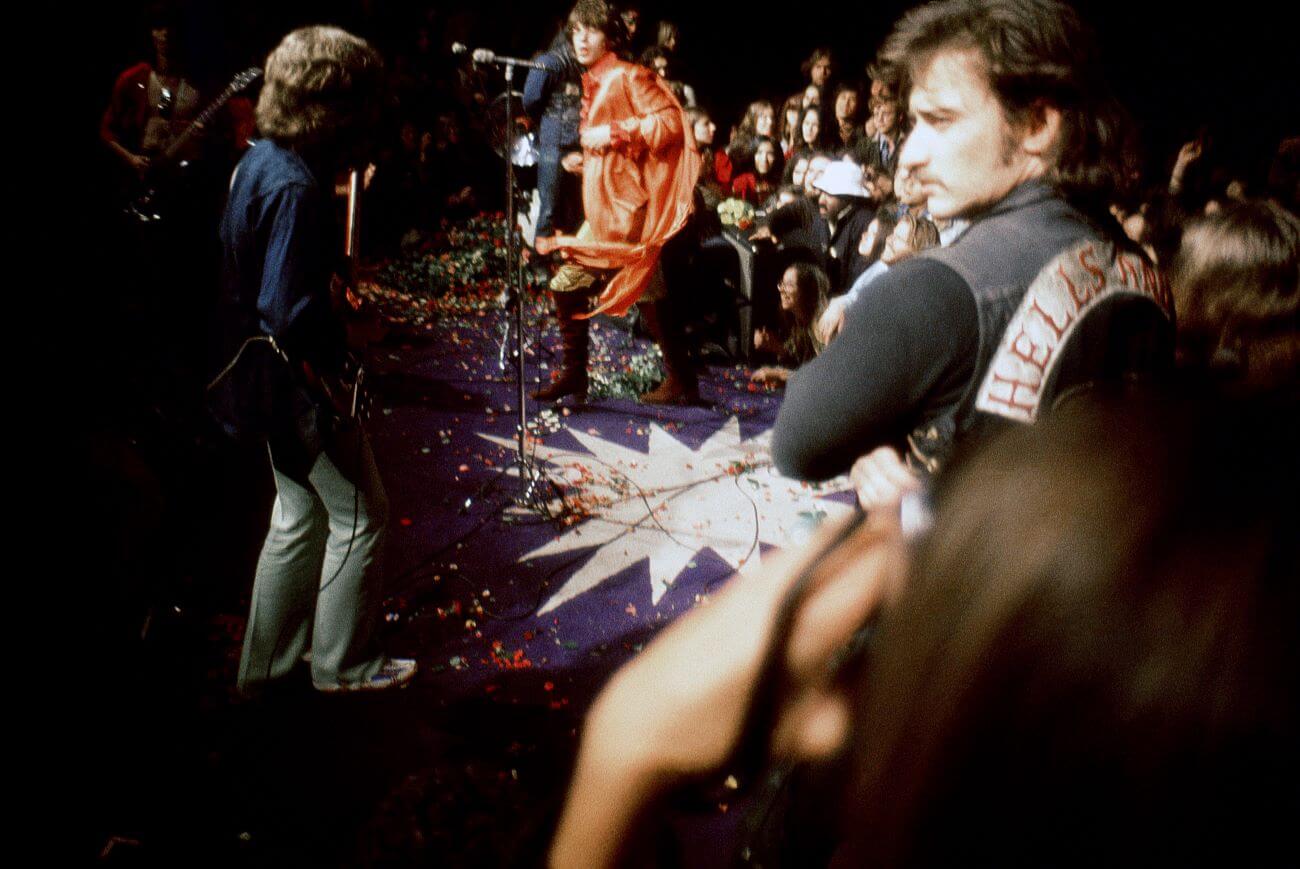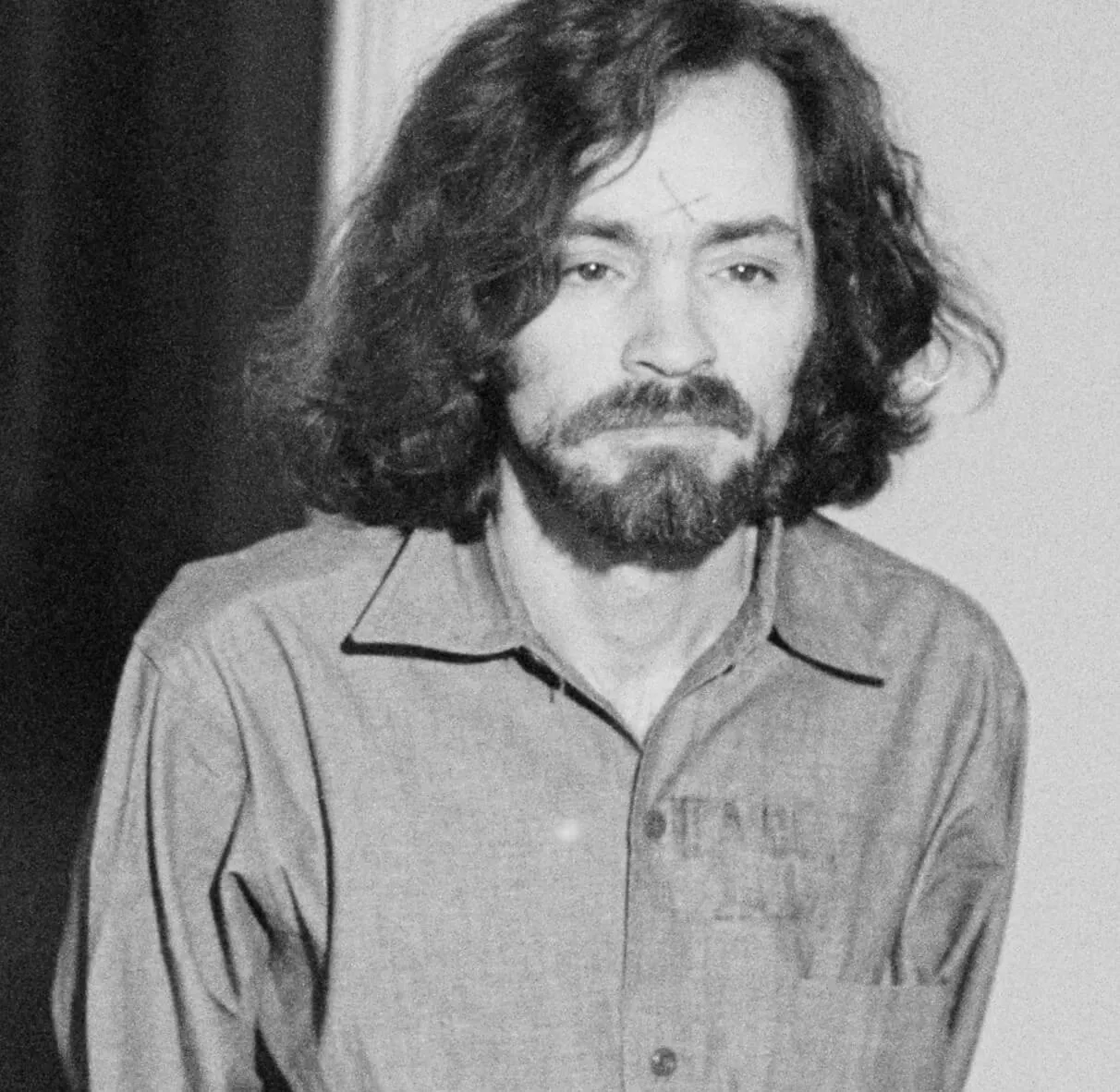
Keith Richards Said The Beatles Passed Their Performance Peak Before They Were Famous
Keith Richards rose to fame with The Rolling Stones at the same time as The Beatles. Their success throughout the 1960s led to rumors of competition between the two bands. While they’ve both said the media blew the reported feud out of proportion, the bands tracked each others’ careers closely. Richards drew a distinction between The Beatles and The Rolling Stones, calling the former a recording band. He believed that they reached their peak as performing artists before they were even famous.
Keith Richards didn’t think The Beatles were performing artists for much of their career
The Beatles stopped playing live performances in 1966. Even three years after their performance break, Richards thought touring was out of the question for them.
“I think it’s impossible for them to do a tour,” he told Rolling Stone in 1969. “Mick [Jagger] has said it before, but it’s worth repeating … the Beatles are primarily a recording group.”
He believed The Beatles shone in the studio, not on stage. While he didn’t elaborate on why they didn’t sound as good live, the reason is relatively clear: their fans were too loud. The band could barely hear themselves play and as a result, their music suffered. Richards thought they were better before Beatlemania, when they played small, packed bars in Hamburg and Liverpool.
“Even though they drew the biggest crowds of their era in North America, I think the Beatles had passed their performing peak even before they were famous,” Richards said. “They are a recording band, while our scene is the concerts and many of our records were roughly made, on purpose. Our sort of scene is to have a really good time with the audience.”
Keith Richards was right about The Beatles’ concerts
While Richards’ words sound like a soft critique of The Beatles, he was right. When The Beatles played live shows, much of their energy before and after went into figuring out how to get on and off the stage without fans swarming them.
Once they started performing, fans yelled so loudly that it drowned out any sound their instruments made. Ringo Starr believed that putting on live performances made them worse musicians.
“It was wrecking our playing,” Starr said, per The Beatles: The Authorized Biography by Hunter Davies. “The noise of the people just drowned anything. Eventually I just used to play the off beat, instead of a constant beat. I couldn’t hear myself half the time, even on the amps, with all the noise.”
The music they released after their final live show proved him right. Once they stopped worrying about touring, they could release more intricate, experimental songs. At this point, they began to come into their own as musicians.
The Rolling Stones learned that their performances could get out of control too
According to Richards, The Rolling Stones excelled when they got onstage.
“It’s always been the Stones’ thing to get up on stage and kick the crap out of everything,” he said. “We had three years of that before we made it, and we were only just getting it together when we became famous. We still had plenty to do on stage and I think we still have. That’s why the tour should be such a groove for us.”
While they are still putting on live performances, they learned that their concerts could get even more out of control than The Beatles’ ever did. Their 1969 tour included a free show at the Altamont Speedway. The crowd of thousands grew unruly as the day wore on, and the security, who were Hells Angels, didn’t do much to keep them under control.

The show culminated, horrifically, in the murder of concertgoer Meredith Hunter. Not knowing the gravity of the situation, the band paused temporarily but ultimately continued their set. They worried that prematurely ending the show could aggravate the crowd even further.
The free concert featured heavily in the 1970 documentary Gimme Shelter.


